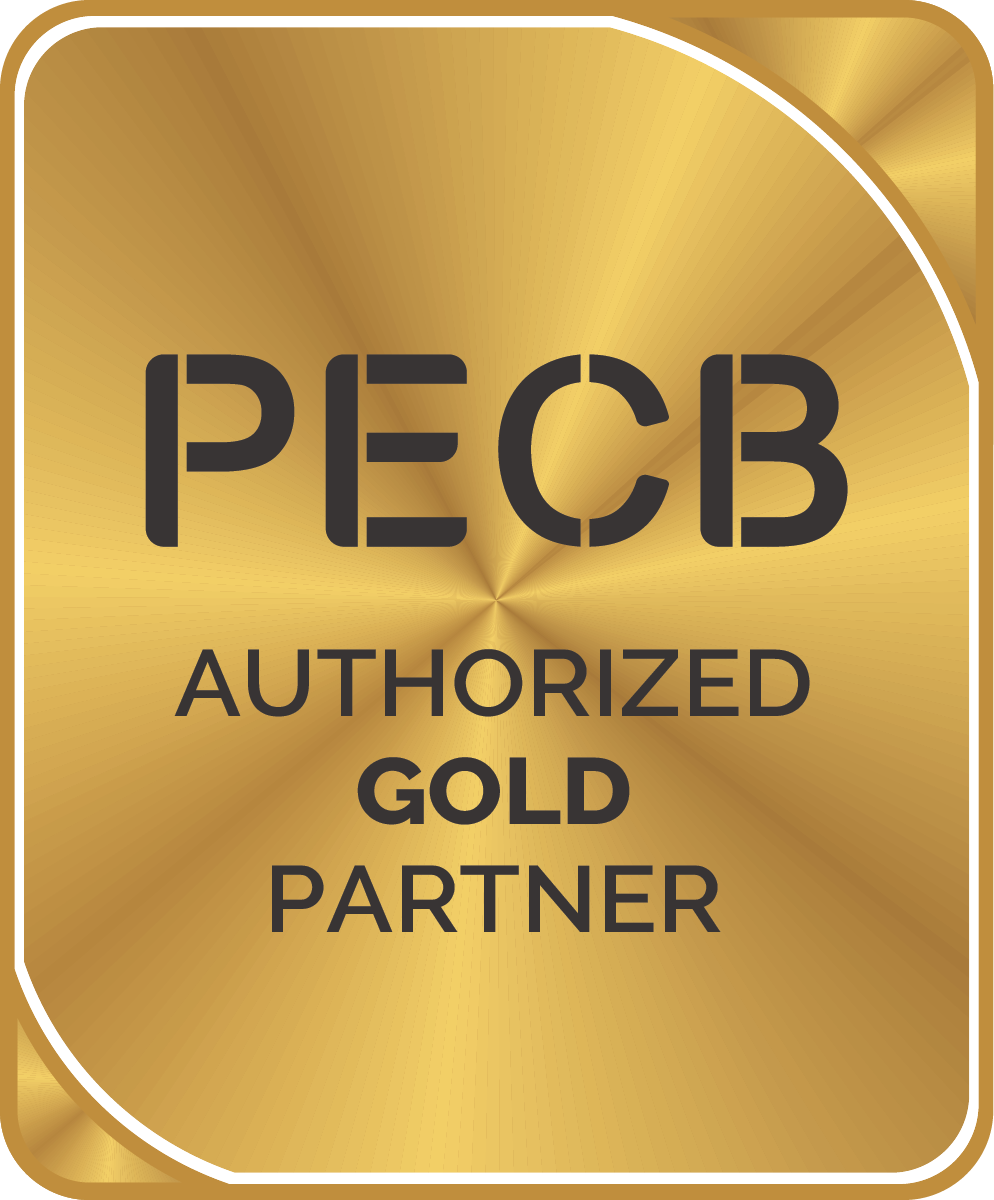MASTERING THE IMPLEMENTATION AND MANAGEMENT OF AN ANTI-BRIBERY MANAGEMENT SYSTEM BASED ON ISO 37001:2016
SUMMARY
This five-day intensive course enables participants to develop the necessary expertise to support an organization in implementing and managing an Anti-bribery Management System (ABMS) based on ISO 37001:2016. Participants will also gain a thorough understanding of global anti-corruption best practice used to implement the anti-bribery management system based on ISO 37001:2016. This management system is designed to be integrated with any existing system, and can be adapted to any organization in any country.
WHO SHOULD ATTEND?
- Project managers or consultants waiting to prepare and to support an organization in the implementation of an Anti-bribery Management System (ABMS)
- ISO 37001 auditors wish to fully understand the Anti-bribery Management System implementation process
- Persons responsible for the Anti-bribery conformity in an organization
- Members of Anti-bribery team
- Technical experts of the organization wanting to prepare for Anti-bribery Management System function or for Anti-bribery Management System project management function
COURSE AGENDA
Day 1. Introduction to ISO 37001 and integration with an existing MS
- Course objectives and structure
- Introduction to ISO 37001 and the process approach
- Normative framework and ethics related to ISO 37001
- Fundamental principles of ISO 37001
- Initiating ISO 37001 implementation and integration with an existing MS
- Understanding the requirements of ISO 37001 and clarifying the Anti-bribery objectives
Day 2. Define and Plan the implementation of ISO 37001
- Selection of the approach and implementation methodology
- Definition of the scope
- Definition of Anti-bribery policy and objectives
- Identification and analysis of organizations nature and the bribery risks
- Drafting policies in compliance with ISO 37001
Day 3. Deploying the ISO 37001
- Assessment of bribery risks, including due diligence
- Implementation of anti-bribery policy
- Communication of new policies to associated persons
- Training and awareness plan
- Verification of compliance with ISO 37001
Day 4. ISO 37001 measurement, control, continuous improvement and preparation for certification audit
- Monitoring organization’s benefits to ensure that they have anti-bribery purposes
- Implementation of controls to prevent bribery risks
- Implementation of financial controls
- Internal audit
- Management review
- Treatment of problems and non-conformities
- Continual improvement
- Preparing for the certification audit
- Competence and evaluation of implementers
- Closing the training
Day 5. Certification Exam
LEARNING OBJECTIVES
- To understand the implementation of Anti-bribery Management System in accordance with ISO 37001
- To gain comprehensive understanding of the approaches, methods, measures and techniques required for the effective management of Anti-bribery Management System
- To gain knowledge and skills in identifying risk and opportunities associated with an organization
- To acquire the necessary expertise to support an organization in establishing, implementing, managing and maintaining the Anti-bribery Management System as specified in ISO 37001
- To acquire the necessary expertise to manage a team implementing an ISO 37001
- To develop the knowledge and skills required to advise organizations on the anti-bribery good practices
- To help an organization implement the necessary measures in accordance with ISO 37001
- To prepare an organization for an ISO 37001 audit
EXAMINATION
The “PECB Certified ISO 37001 Lead Implementer” exam fully meets the requirements of the PECB Examination and Certification Programme (ECP). The exam covers the following competence domains:
- Domain 1: Fundamental principles and concepts of ISO 37001
- Domain 2: Anti-bribery best practice based on ISO 37001
- Domain 3: Planning an Anti-bribery management system based on ISO 37001
- Domain 4: Implement Anti-bribery policies based on ISO 37001
- Domain 5: Performance evaluation, monitoring and measurement of Anti-bribery management system based on ISO 37001
- Domain 6: Continual improvement of Anti-bribery management system based on ISO 37001
- Domain 7: Preparing for ISO 37001 certification audit
- The “PECB Certified ISO 37001 Lead Implementer” exam is available in different languages (the complete list of languages can be found in the examination application form)
- Duration: 3 hours
- For more information about the exam, refer to PECB section on ISO 37001 Lead Implementer Exam
CERTIFICATION
- After successfully completing the exam, participants can apply for the credentials of PECB Certified ISO 37001 Provisional Implementer, PECB Certified ISO 37001 Implementer or PECB Certified ISO 37001 Lead Implementer, depending on their level of experience
- A certificate will be issued to participants who successfully passed the exam and comply with all the other requirements related to the selected credential
- For more information about ISO 37001 certifications and PECB certification process, refer to PECB section on ISO 37001 Lead Implementer Certification
|
Credential |
Exam |
Professional experience |
MS audit/ assessment experience |
Other requirements |
|
ISO 37001 Provisional Implementer |
PECB Certified ISO 37001 Lead Implementer exam or equivalent |
None |
None |
Signing the PECB code of ethics |
|
ISO 37001 Implementer |
PECB Certified ISO 37001 Lead Implementer exam or equivalent |
Two years One year of Anti-bribery work experience |
Project activities totaling 200 hours |
Signing the PECB code of ethics |
|
ISO 37001 Lead Implementer |
PECB Certified ISO 37001 Lead Implementer exam or equivalent |
Five years Two years of Anti-bribery experience |
Project activities totaling 300 hours |
Signing the PECB code of ethics |
GENERAL INFORMATION
- Certification fees are included in the exam price
- A student manual containing over 450 pages of information and practical examples will be distributed to participants
- A participation certificate of 31 CPD (Continuing Professional Development) credits will be issues to participant
- In case of failure of the exam, participants are allowed to retake the exam for free under certain conditions


